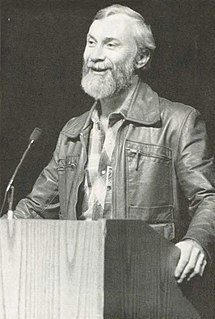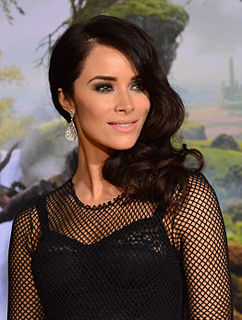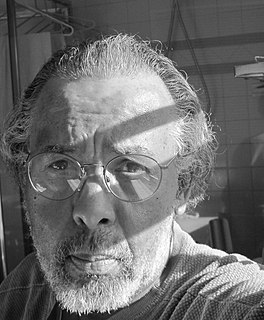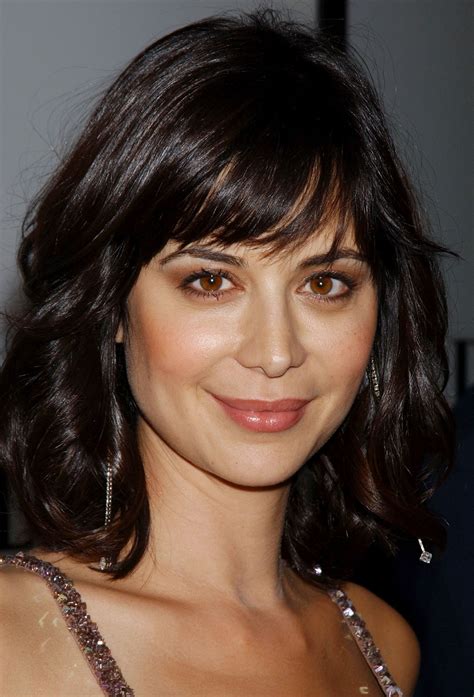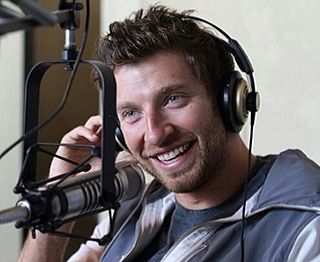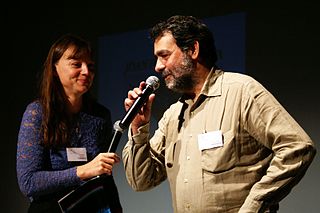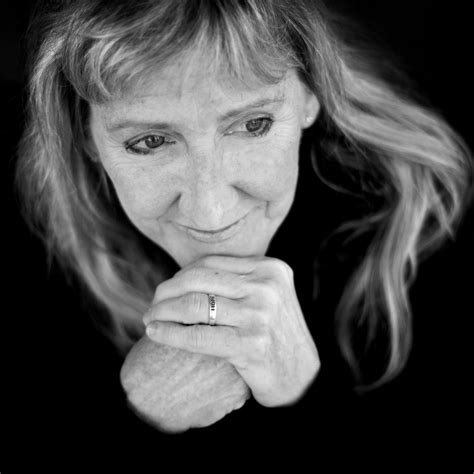A Quote by Peter Lindbergh
I didn't take inspiration from other photographers, which in a way helped to find my own images.
Related Quotes
If there is a single factor which separates the best photographers from the wannabes it is the quantity of images which they produce. They seem to be forever shooting. I have watched many of them as they take picture after picture even when they are not photographing. [...] Often these intimate images do not look as though they were taken by the same photographer. And that is their fascination and charm.
I am myself a professional creator of images, a film-maker. And then there are the images made by the artists I collect, and I have noticed that the images I create are not so very different from theirs. Such images seem to suggest how I feel about being here, on this planet. And maybe that is why it is so exciting to live with images created by other people, images that either conflict with one's own or demonstrate similarities to them.
Creating my own roles, as an actor, is great. You're so at the mercy of other people, and you're waiting for a job. That's just a horrible way to live, so I just decided to take matters into my own hands, find my own projects, and create them myself, and then do other stuff that people might throw my way as well.
Photography is essentially an act of recognition by street photographers, not an act of invention. Photographers might respond to an old man’s face, or an Arbus freak, or the way light hits a building—and then they move on. Whereas in all the other art forms, take William Blake, everything that came to that paper never existed before. It’s the idea of alchemy, of making something from nothing.


